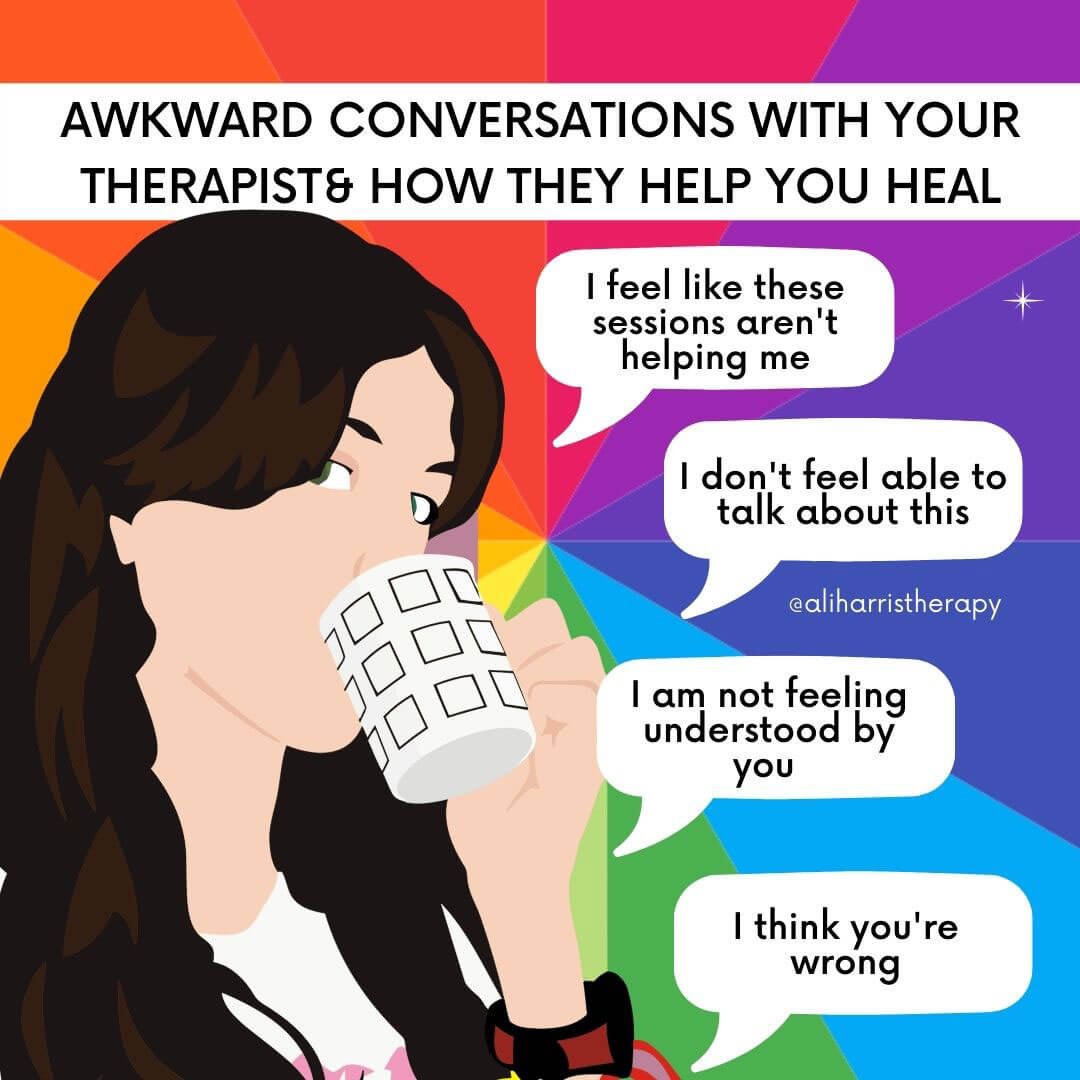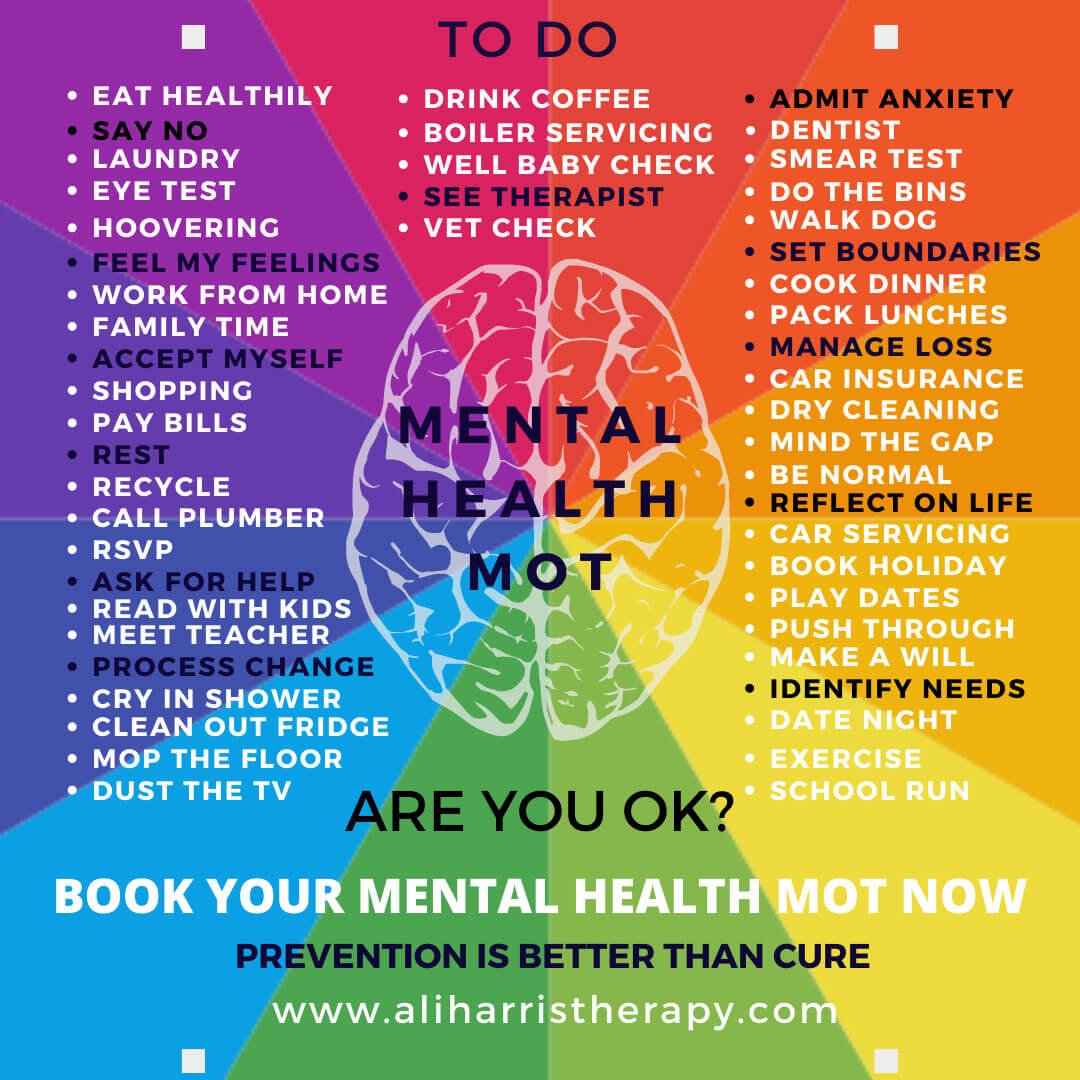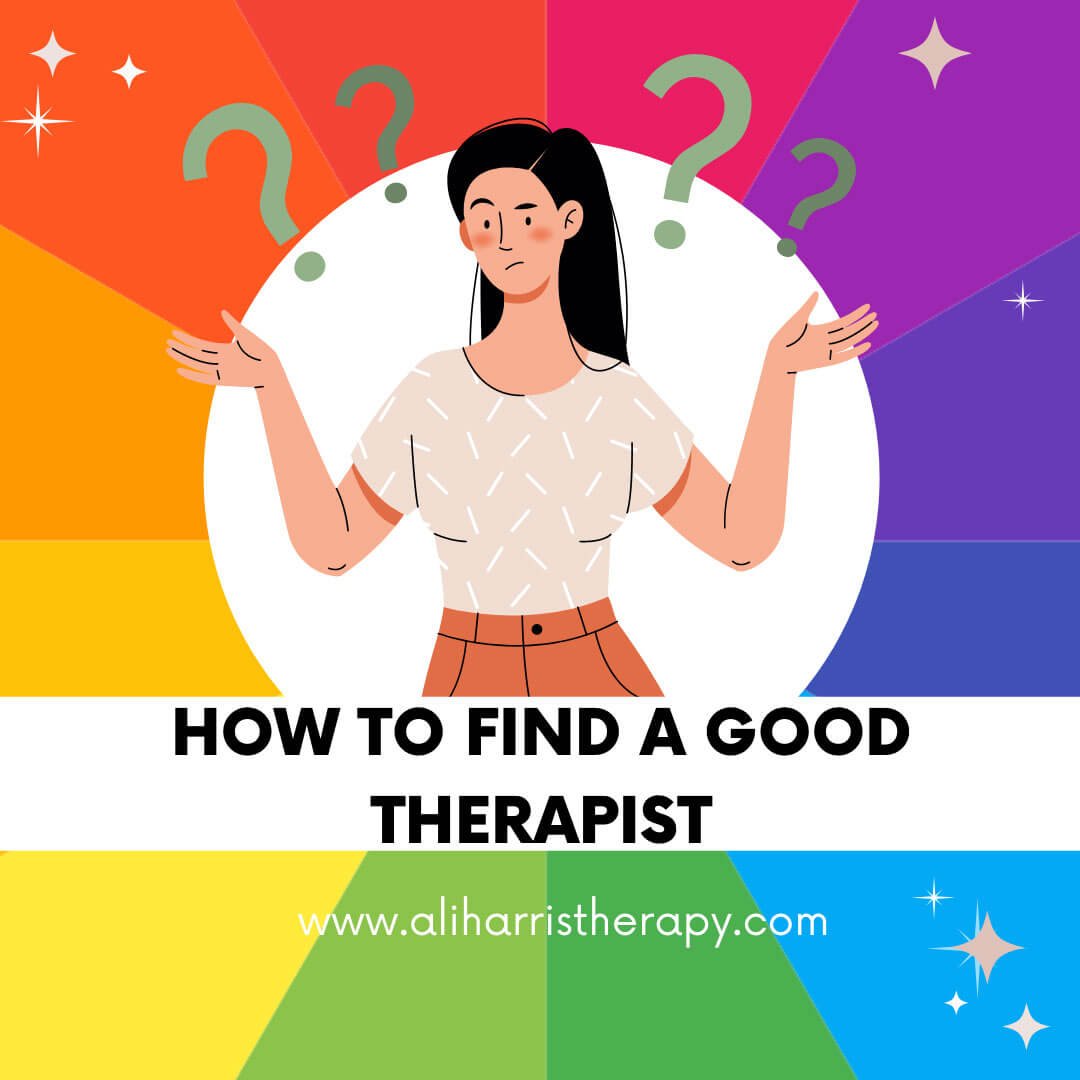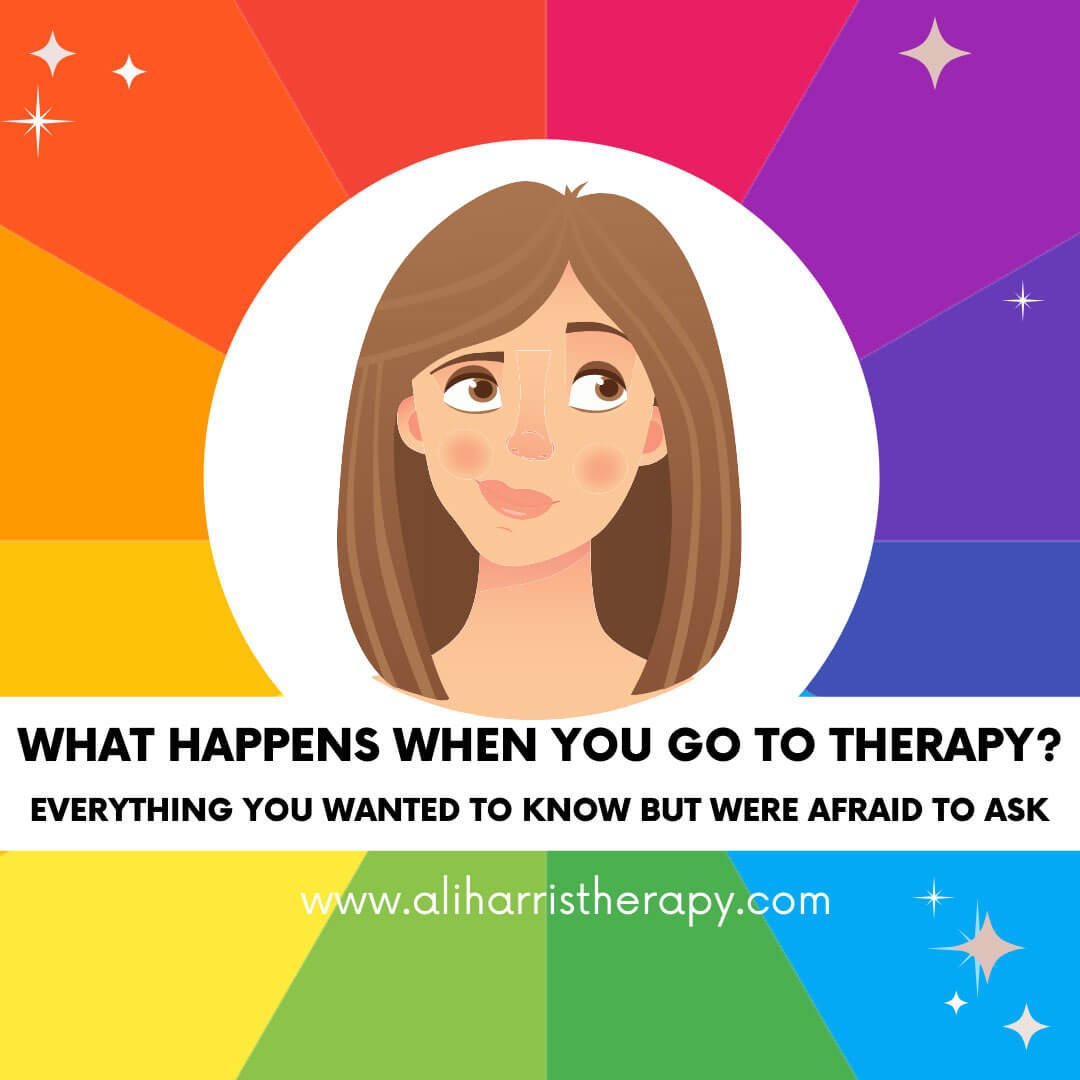How long should I expect to be in therapy?
"How long should I expect to be in therapy?" is a question I am often asked by prospective clients.
My answer is always 'as long as you find it useful,' because I believe that although therapy isn't always comfortable or enjoyable, it should at least feel useful.
In an ideal world, you would come for therapy and see me for 50 minutes once a week until you felt that you had done the work you came to do and felt you had the tools to manage your own mental health
People who ask this question tend to be asking because they want some kind of time line but giving them what they want can be a bit tricky. It's hard to predict how long a person might want to stay in counselling, as it can depend on a number of factors, such as: how you want to work, how much time you have, what your budget is, how deeply you want to work and how long whatever is troubling you has been an issue.
Furthermore, it is not uncommmon for someone to present for therapy believing they are here to 'fix' one issue, and discover that this issue is a mere symptom of something else they hadn't expected to think about.
Three Main Types of Counselling - Short, Mid and Long Term
I work with three basic models of counselling :
Short-term counselling (6 - 8 weeks)
Mid-term counselling (20 - 30 weeks)
Long-term/open-ended counselling (with no firm end date)
What is short term counselling?
Short term work is, as the name suggests, comparatively short and tends to:
Have a more clearly defined goal or focus.
Offer more structured sessions.
Be more solutions-focused.
Focus less on the past.
How short term counselling is used by the health service, health insurance companies and employers
Many organisations such as the NHS and various EAPs (employee assistance programmes) offer people short term counselling. Short term counselling often lasts around 6 - 8 weeks. This can accidentally create the misleading impression in prospective clients that one can 'fix' any problem in 6 - 8 weeks, and this isn't necessarily so.
You can do some useful work in short term counselling, even with issues that are not necessarily ideal for that way of working. In an ideal scenario however, short term work might be deployed differently than it often is by these agencies.
Who is short term counselling ideal for?
Short term counselling is ideal for people who:
Have a single issue that they would like to focus on.
Are bringing recent difficulties rather than historic ones.
Have not previously suffered with their mental health who suddenly find themselves struggling.
Have not experienced counselling before and would like to give it a try.
Would like to invest in emotional self-care but find themselves on a tight budget.
What kinds of issues or events might create feelings that could be effectively addressed in short term counselling?
Relationship break ups
Bereavement
Early depression/anxiety intervention to try to prevent serious downward spiral
New job
Redundancy
New parenthood/new baby
Menopause
Getting used to a new baby and being a new parent
Mid Term counselling tends to be 20 - 30 sessions in length and it:
Offers you an opportunity to get more ‘stuck-in’ to a longer piece of work that might help you with more complex or longer-standing issues.
Can be great a progression from short term counselling, where someone has tried short term work, experienced it as useful but still feels like they have some emotional work to do, and would like to dig a little deeper or receive a bit more emotional support.
Sometimes offers the chance for someone to ‘sample’ a longer but still time-limited experiene of counselling for those who feel that they don’t need or want a longer therapeutic commitment but need a bit more time than short term provides.
What type of difficulties are suitable for mid-term counselling?
As the term of counselling expands, it becomes less about what the issues are, and more about the depth of focus, the number of issues and their complexity.
For example, a person could begin with short term counselling to help them deal with difficulties around adjusting to being a new mum. After six weeks together, we may discover that the client's experience of her mother as a child is triggering some difficult feelings as she explores what it means to her to be a mother herself. This could open up a host of other inter-related issues, such as a difficult or traumatic childhood - which may require a deeper focus, and more time to think about different aspects as they arise.
What makes long term or open-ended counselling different?
Open-ended or ‘long-term’ counselling is a type of talking therapy where it is understood that the client will probably attend for at least several months or even years, and so no official end date is set to be worked towards.
Instead, the client tells the counsellor when they feel they are ready to stop, and at this point, they spend a few weeks or months working towards an ending before finally stopping counselling.
Open-ended work is often slower-paced and can be used to think about multiple difficulties, which seem to ‘mysteriously’ resist obvious solutions or explanations.
Open-ended counselling offers you the opportunity to contemplate the possible origins of your difficulties in the past, how these might be impacting your life in the present.
How do I know if I should consider open-ended counselling?
It might be worth thinking about doing open-ended counselling if:
You are struggling with several issues at once and may need a bit more time to think about everything that is happening and how you have been/are affected.
You have been struggling with one or more issue for a while – the longer problems go on for, the more a part of us they seem to become, and this can take some time to understand before the difficulties can be resolved.
You have had previous counselling, which helped but did not seem to fully resolve your difficulties.
You have had previous short or mid-term counselling but feel you still have work to do and you have the time and finances to commit to a longer piece of work.
You have noticed patterns in your behaviour that seem to resist your own efforts to change, patterns which repeatedly produce negative consequences in your life, such as commitment issues; social anxiety; a series of abusive relationships or an historic tendency towards managing difficult feelings by using food, drink, drugs, shopping, sex etc.
You find yourself subject to bouts of depression ‘for no reason’, and you feel you may need more than a few weeks to explore what might be going on for you on a deeper level.
You have suffered a severe trauma, assault, bereavement or other trauma and feel ready to address its meaning and effects and render these more manageable.
If you would like to find out more about how counselling could help you, you can click here to arrange a chat
Self-Love Quiz
Self-love is the foundation of mental health, which is why I created the self-love quiz – to help you measure you self-love level & help you learn how to improve your mental health, so that you can create a happier, more satisfying life!








